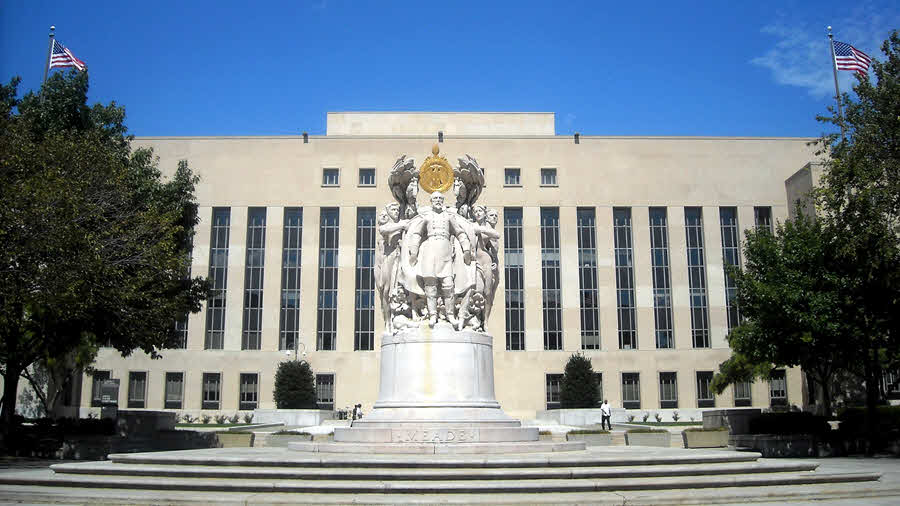Prominent D.C. Circuit Judge Stephen Williams Dies

The smarter way to stay on top of the multichannel video marketplace. Sign up below.
You are now subscribed
Your newsletter sign-up was successful
U.S. Court of Appeals for the D.C. Circuit judge Stephen Williams, who wrote some key opinions and participated in high-profile decisions related to cable deregulation, has died of COVID-19, according to the Washington Post. He was 83.
"Judge Williams committed his professional life to teaching, writing, and serving the public, including service on our Court for more than three decades," said Chief Judge Sri Srinivasan. "He had an uncommon love of ideas, an extraordinarily broad-ranging intellectual curiosity, an infectiously good-spirited demeanor, and a joyful sense of humor. We have been immeasurably enriched by the privilege of serving with him."
In a victory for ISPs, Williams was part of a three-judge panel of the court that last October unanimously upheld most of the Republican-led FCC's deregulation of internet access in the 2017 Restoring Internet Freedom (RIF) order.
On the other side of the net neutrality coin, back in May 2017, Williams was one of three judges, and the senior judge among those, who denied a petition by ISPs and others for en banc (full court) review of the earlier three-judge panel decision that the FCC had reasonably defended its decision to reclassify ISPs as common carriers in the 2015 Open Internet order.
In 2001, and in a key cable deregulation decision that paved the way for some major consolidation, Stephens wrote for the majority in striking down as unconstitutional the FCC's 30% national audience cap reach on cable MSOs.
Williams wrote for the majority back in 2013, when the court denied to review the FCC's dismissal of Tennis Channel's carriage complaint against Comcast. Williams wrote that the commission "[had] nothing to refute Comcast's contention that its rejection of Tennis' proposal was simply a straight-up financial analysis."
Stephens also wrote the opinion that upheld the FCC's lowering of pole attachment rates, which cable operators had supported.
The smarter way to stay on top of the multichannel video marketplace. Sign up below.
And in a decision that Multichannel News described as the latest in a string of pro-cable decisions out of the circuit at the time, Williams was part of the three-judge panel that rejected a National Association of Broadcasters challenge to the FCC’s 2012 decision to sunset its requirement that hybrid cable systems deliver analog and digital versions of must-carry TV stations, deferring to the FCC’s judgment and saying the agency had violated no rules of procedure.
Williams was named to the court in June 1986. Before that he was in private practice and was an assistant U.S. attorney for the Southern District of New York. He also taught at the University of Colorado School of Law and was a visiting professor of Law at UCLA, the University of Chicago Law School, and Southern Methodist University.
Dick Wiley, chairman emeritus of Wiley Rein, who knew Williams, called him "a brilliant scholar, lawyer and judge."
Contributing editor John Eggerton has been an editor and/or writer on media regulation, legislation and policy for over four decades, including covering the FCC, FTC, Congress, the major media trade associations, and the federal courts. In addition to Multichannel News and Broadcasting + Cable, his work has appeared in Radio World, TV Technology, TV Fax, This Week in Consumer Electronics, Variety and the Encyclopedia Britannica.

